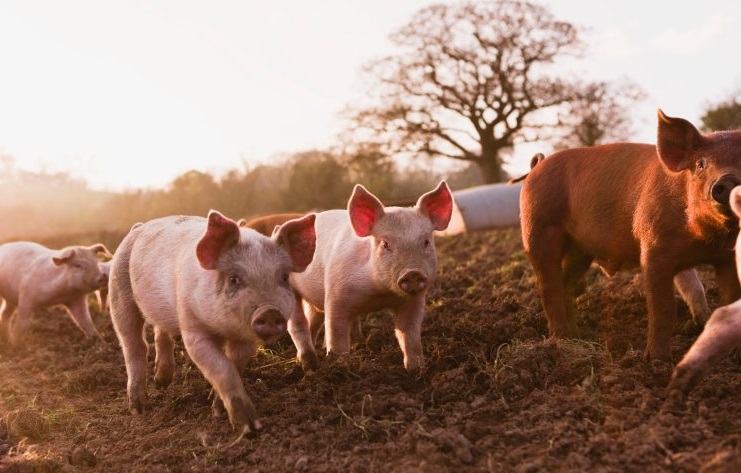
A vaccine that works to halt the spread of one of the more common diseases affecting UK pigs could be a 'game-changer' for the sector.
Streptococcus suis is a bacterial infection that can cause serious, and often fatal, disease in pigs, but it can also be transferred to those working with them.
Some studies have shown it affects more than 60% of pig farms in a number of European countries, posing challenges for both the pork sector and public health.
At present, there are no proven vaccines addressing the many strains of the disease in the UK, with infected pigs being treated using a number of different antibiotics.
However, with the UK government targeting a 50% reduction in antibiotic use in livestock by 2030 – and a global drive to reduce the threats posed by antimicrobial resistance – an effective vaccine is urgently required.
The new trials, carried out in conjunction with animal health firm Moredun Scientific, will explore the vaccine's potential to protect against different and emerging strains of the disease.
It works by administering a harmless virus, which in turn generates greater quantities of proteins that induce an immune response in the animals.
The team also plans to engage directly with pig farmers to ensure the vaccine meets their requirements and can also be administered in an efficient and cost-effective manner.
The project brings together experts in vaccine development, antimicrobial resistance and veterinary medicine from the Vaccine Group, the University of Plymouth, and the University of Cambridge.
The research is being supported by a grant of just over £1 million from Defra’s Farming Innovation Programme, delivered by Innovate UK.
Dr Jeremy Salt, chief executive officer at the Vaccine Group, said that for pig farmers across the UK, Streptococcus suis was a major cause for concern.
"As a zoonotic infection, there is also the risk of the disease being passed on to humans working in the industry," Dr Salt said.
"Our goal in developing an effective vaccine is stop the bacterial infection from developing in pigs and humans in the first place.
"By doing so, we can better protect the farmers, their animals and their livelihoods."
The project will assess whether a vaccine candidate already shown to be effective against the most common strain of the disease can in fact protect pigs – and thereby prevent transmission to humans – against multiple, if not all, known strains.
